Everyone wants the world to be a better place to live, but how can we as investors help to make the world a better place? Simply investing in companies with low ESG (environment, social, and governance) ratings is the answer. Such businesses are known as ESG businesses, and investing in them is known as ESG investing.
Now, let us dive deeper into the concept of ESG investing.
What is ESG Investing?
ESG investing is based on the assumption that certain environmental, social, and corporate governance factors influence a company’s overall performance. ESG factors provide investors with a more holistic view of the companies they support, which can help mitigate risk and identify opportunities.
ESG stands for Environment, Social and Governance, these are basically the parameters on which ESG companies list is based upon. Let us understand each of these parameters in detail.
- Environment: Through this parameter, a company’s impact on the environment is judged. Whether the company’s operational activity constitutes any harmful chemicals or the company is able to manage its carbon footprints or it is taking any steps to reduce it.
- Social: It talks about how a company is performing on the social level. It refers to both within the company at employee level or in the broader society within which the company operates.Social factors include LGBTQ+ equality, racial diversity in the executive suite and overall staff, and inclusion programmes and hiring practises, and at the broader level how the company is promoting CSR( Corporate Social Responsibility).
- Governance: It determines the level of transparency of the company towards its stakeholders. Not only this it also measures the company’s managerial efficiency. Whether management is competent enough in resolving different issues.
What are ESG Compliant Companies?
ESG Compliance refers to those companies which has very low exposure to environment, social and governance(ESG) issues, such companies are regarded as ESG compliant companies, they generally have low ESG ratings as they have less ESG issues to deal with.
Methods to Rate ESG Companies
In order to pick the best ESG companies certain platforms are being used which provide genuine ESG rating to companies such as Sustainalytics, MSCI etc. The Top among them is Sustainalytics, let’s understand the methodology used by them to rate companies on the basis of ESG.
- Exposure: The extent to which a company is exposed to various material ESG issues is referred to as exposure. exposure score considers sub industry and company-specific factors such as the company’s business model. The scale of exposure is divided into three low, medium and high. The companies with low exposure are considered good.
- Management: Management refers to a company’s ability to manage its relevant ESG issues. Our management score evaluates a company’s ESG programmes, practises, and policies. It is measured on the scale of weak, average and strong. Companies with strong management ratings are much more efficient.
- Four major issues: This segment refers to the four major issues a company is going to face or presently facing. These issues might be of occupational health,
- Controversy rating: This refers to the recent controversies the company has to face and how the company is handling it. It is measured on the scale of 1 to 5, lower the rating of the company better the companies ability to handle certain controversies.
These four parameters combine to form an ESG rating which is measured from a scale of 0 to above 40. Companies with below 20 ESG rating are the ones who are less affected with ESG issues and between 20-30 are the companies with medium risk and above 30 to above 40 are regarded as highly affected Companies.
5 Top performing ESG Companies
1. Infosys
Infosys Ltd offers consulting, technology, outsourcing, and next-generation digital services to help clients implement digital transformation strategies. It is India’s second largest information technology company, trailing only TCS. It consists of the group’s service and solution offerings that enable clients to transform their businesses. It includes services that improve customer experience, use AI-based analytics and big data, design digital products and IoT, and modernize legacy technology systems etc.
| Market Cap.(cr) | 603,650 |
| ESG ratings | 13.1 |
| ROE(%) | 29 |
| P/E | 29 |
2. Mindtree
Mindtree is an international IT consulting and implementation firm that provides business solutions through global software development. Agile, analytics and information management, application development and maintenance, business process management, business technology consulting, and other services are available from the company.
| Market Cap.(cr) | 56,643 |
| ESG ratings | 22.3 |
| ROE(%) | 33.8 |
| P/E | 30 |
3. TCS
Tata Consultancy Services is the company’s flagship and a member of the Tata group. For over 50 years, it has partnered with many of the world’s largest businesses on their transformation journeys through IT services, consulting, and business solutions. TCS provides an integrated portfolio of business, technology, and engineering services and solutions that is led by consulting.
| Market Cap.(cr) | 1,224,319 |
| ESG ratings | 11.4 |
| ROE(%) | 43.6 |
| P/E | 30.1 |
4. Kotak Mahindra Bank
Kotak Mahindra Bank is a diversified financial services group providing a wide range of banking and financial services including Retail Banking, Treasury and Corporate Banking, Investment Banking, Stock Broking, Vehicle Finance, Advisory services, Asset Management, Life Insurance and General Insurance.
| Market Cap.(cr) | 339.692 |
| ESG ratings | 22.8 |
| ROE(%) | 13.3 |
| P/E | 23.8 |
5. Wipro
Wipro Ltd is a multinational company that provides information technology, consulting, and business process services (BPS).
After TCS, Infosys, and HCL Technologies, it is the fourth largest Indian player in the global IT services industry.
| Market Cap.(cr) | 213,578 |
| ESG ratings | 12.9 |
| ROE(%) | 20.3 |
| P/E | 18.8 |
Advantages of Investing in ESG Compliant Companies
- Associated with Low risk: The companies with good ESG ratings are the ones who are associated with lower risk in every aspect such as in environment issues, managerial issues etc. Therefore Investing in these companies would be highly profitable.
- Low cost of Capital: Companies with better ESG ratings have greater goodwill in the market. This makes them acquire investors’ interest at a greater level. Which makes it easy for them to raise money through various sources such as through IPO, FPO etc.
- Good Reputation and Brand Image: Good ESG rating improves the brand image of the company. It gains the trust and confidence of not only investors but also of other financial institutions. This directly has an impact on their share prices.
Conclusion
Throughout the fiscal years, ESG companies have shown a tremendous increase in terms of returns produced. According to the data, In FY22, the Nifty ESG index, which only measures the growth of ESG companies, outperformed the Nifty 50 index. This means that companies with the best ESG ratings are worth investing in.

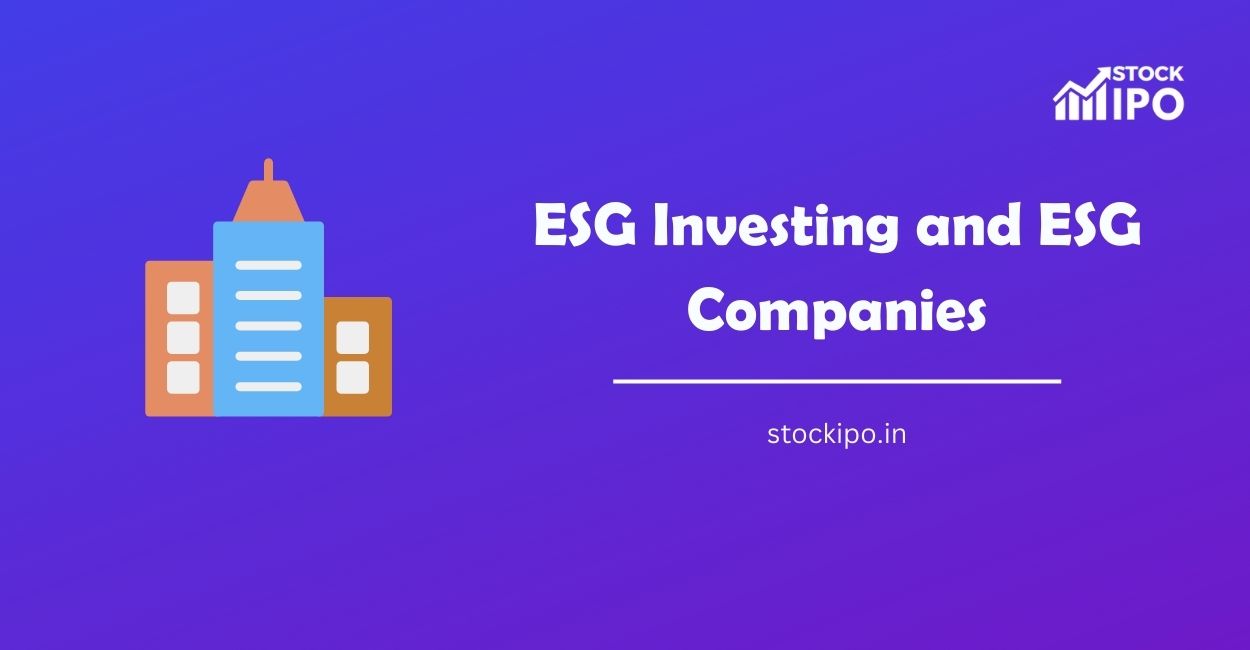
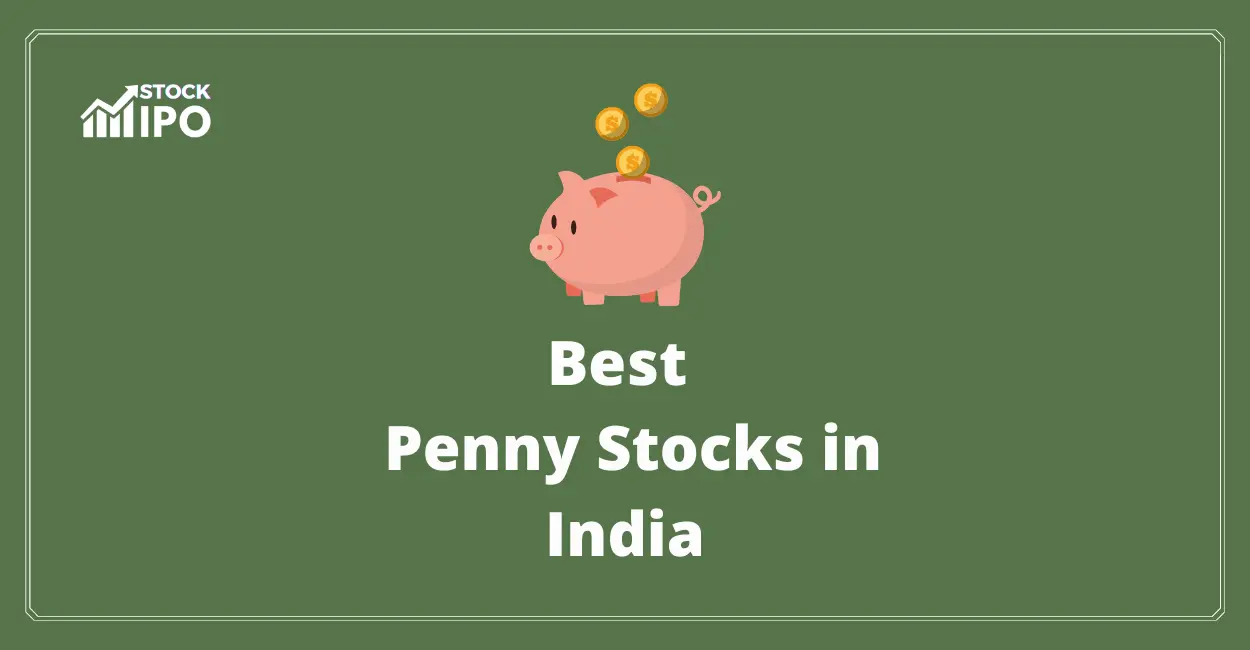
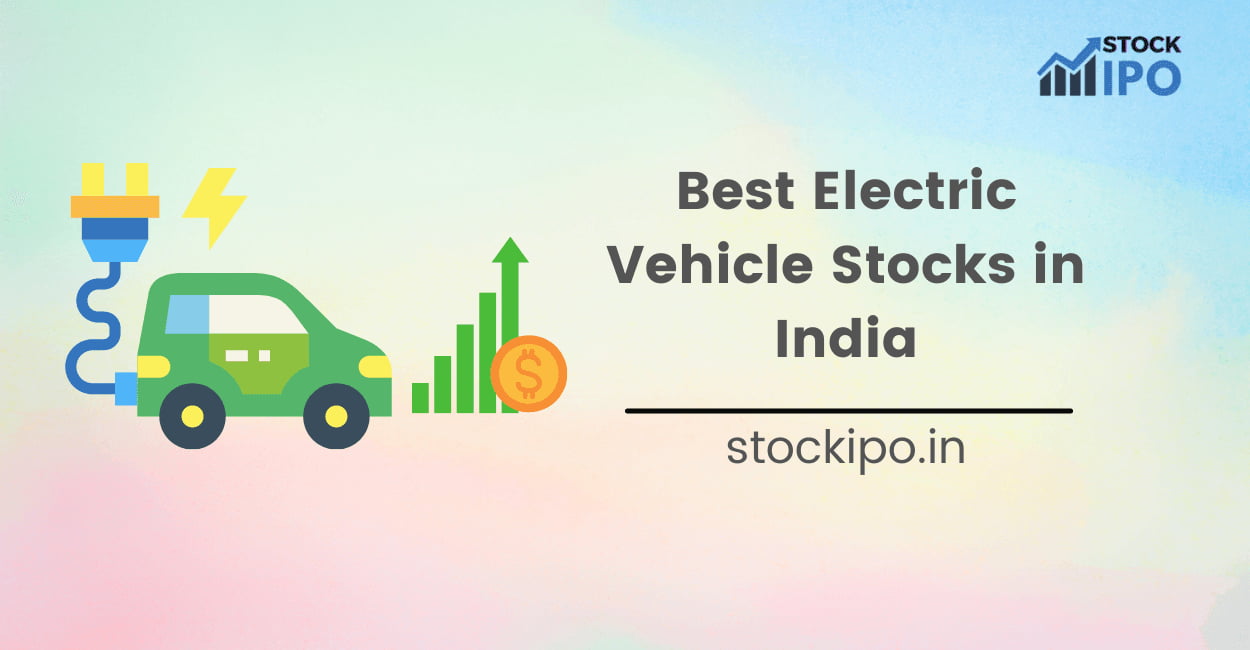


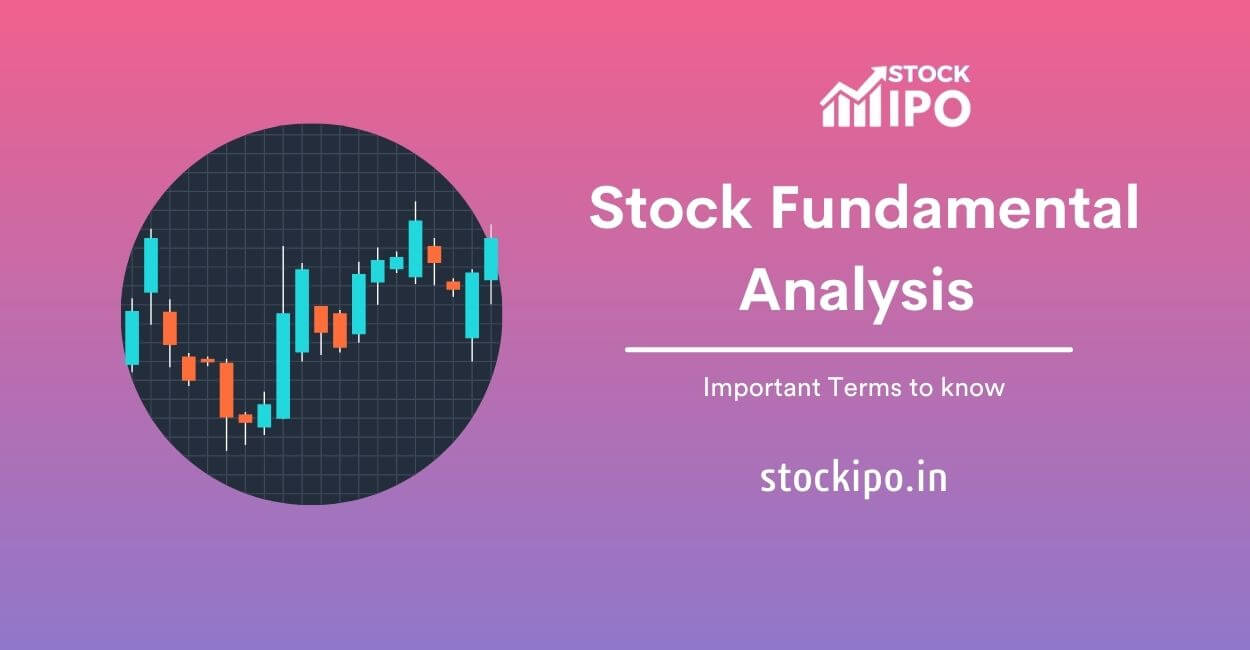
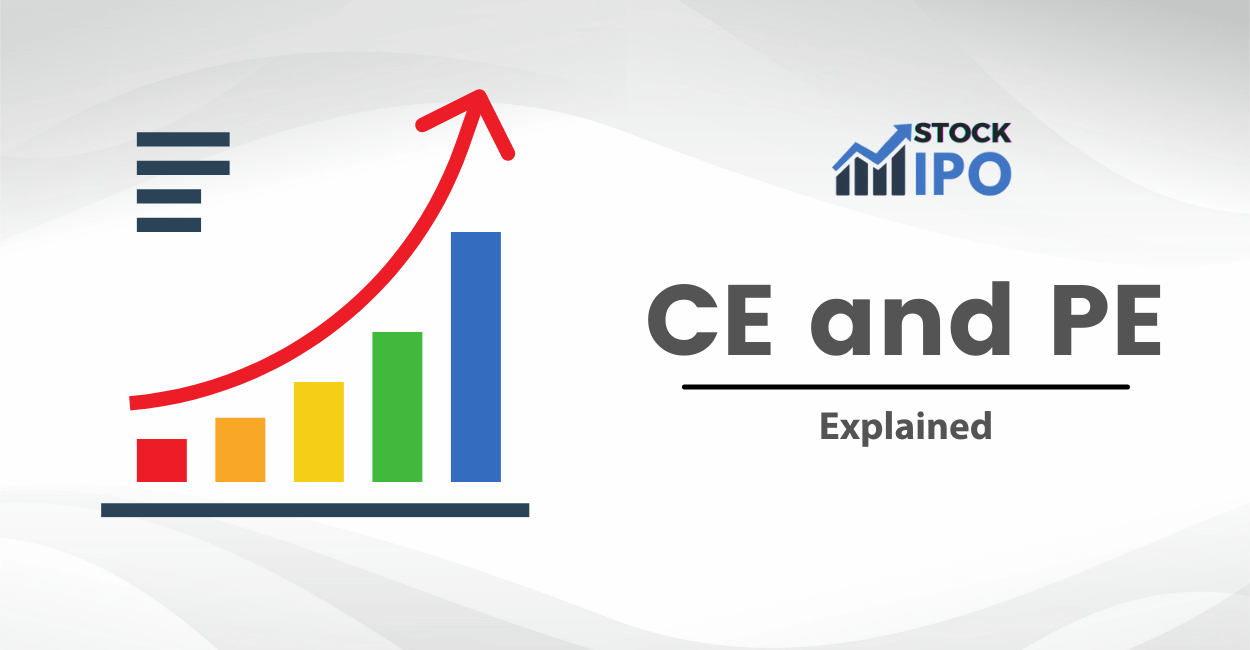
I got a nice idea for investing good company from ESG
Thanks,
Anurag